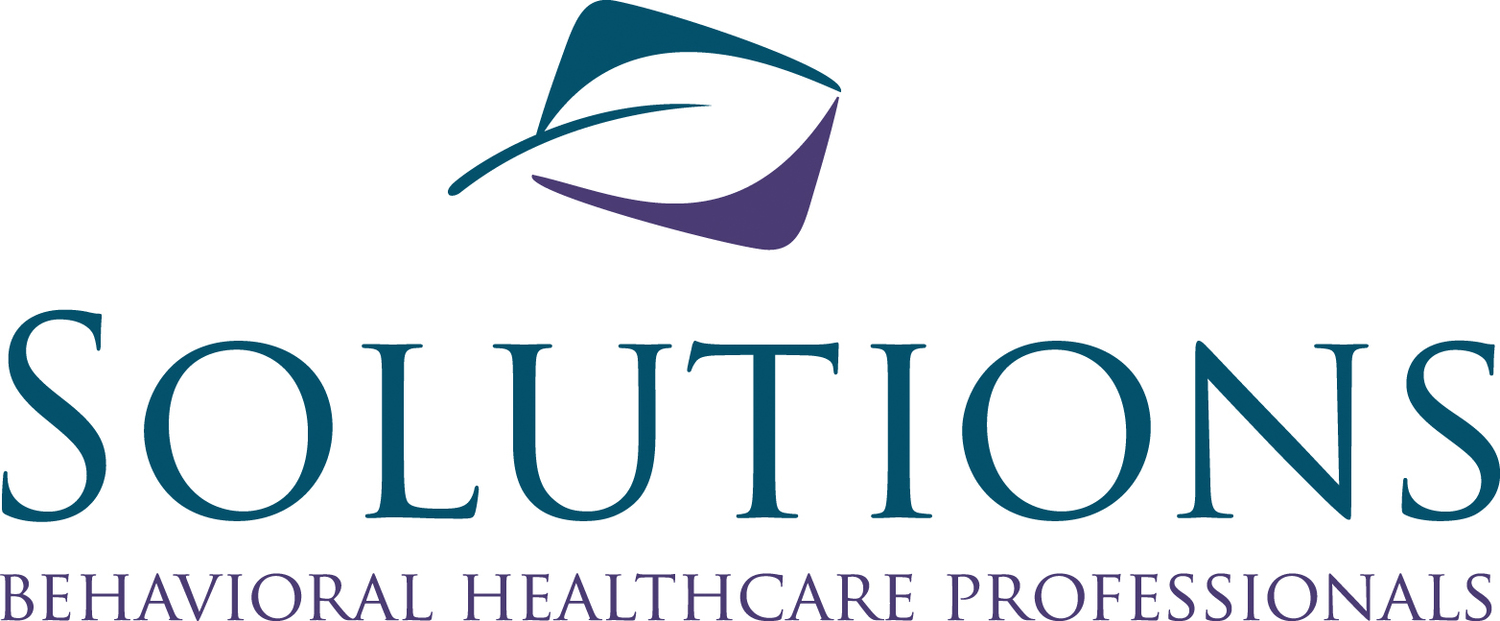INTERN EVALUATION
Solutions Behavioral Healthcare Professionals, in compliance with the APA’s Standards of Accreditation, requires that Interns demonstrate minimum levels of achievement across all nine (9) profession-wide competencies. These competencies include the following:
1. Intervention
2. Assessment
3. Ethical and Legal Standards
4. Cultural and Individual Diversity
5. Research
6. Professional Values, Attitudes, and Behaviors
7. Consultation and Interprofessional/Interdisciplinary Skills
8. Supervision
9. Communication and Interpersonal Skills
Solutions' Psychology Internship program does not have other program specific requirements, and all evaluations are conducted on the basis of the Profession-Wide Competencies.
Informal evaluation is ongoing. Interns are evaluated twice per year, at the six month point and again at the end of the year. Read more
Interns are provided informal feedback at both the mid-point and end-point of their rotations. This feedback is incorporated into the formal evaluation. Read more
General Evaluation Process
Informal evaluation is ongoing throughout the training year. Supervisors are expected to provide Interns with feedback on strengths, as well as communicate early and often in regards to areas of growth. Interns are formally evaluated by their primary supervisor twice per year, at the mid- and endpoints of their training experience. Evaluations are conducted using the Intern Evaluation Form (See Appendix E), which includes a five-point Likert Scale [LB2] and comment spaces where supervisors include specific written feedback regarding the Intern’s performance and progress over the specified time period. The evaluation form includes information about the Intern’s performance regarding all of Solutions’ expected training competencies and the related learning elements. Supervisors review these evaluations with Interns during supervision and encourage an in-depth discussion with opportunity for Interns to raise questions or concerns as needed. Upon completion of this review, the Intern and supervisor sign the evaluation and the Intern receives a copy. The evaluation is submitted to the Training Director, who also reviews and co-signs before scanning into a secure electronic file.
The rating scale for each evaluation is a 5-point Likert scale with the following rating values:
1= Remedial Competence Level: Intern shows significant deficiencies in this area, with skills below that expected of a beginning Intern. The Intern is dependent upon direct observation and detailed preparatory instruction. Intensive supervision is required to attain a basic level of competence, OR the Intern has not attained expected level of competence despite coaching and supervision.
2= Beginning Competence Level: Intern requires intensive supervision for unfamiliar clinical activities and/or novel circumstances. Intern has a knowledge level of the skill area and can recall key points or steps. The Intern may be able to perform skills in this area at a minimal level with supervision. This is the level of competency expected for a beginning Intern working with a new clinical population, and might be an appropriate rating for beginning acquisition of a novel skill set within a new rotation.
3= Intermediate Competence Level: Intern needs minimal structure for routine activities, but may need closer supervision for more complex situations. Generalizes knowledge, skills, and abilities across clinical activities and settings. While the Intern can perform the skills, these may require conscious awareness, i.e., thinking through the steps. This is the level expected for most skills mid-way through the internship year
4= Advanced Competence Level: Intern is considered competent for entry-level practice in this area. Intern consistently integrates well-developed knowledge, skills and abilities into all aspects of professional practice. This skill area is fluent and can be performed without having to think through the steps. Intern functions proactively and independently in most contexts. Supervision is accessed independently when needed for complex/novel situations.
5= Full Performance Level: Skill exceeds that expected for doctoral interns at the completion of the training year. Intern shows maturity in the ability to conceptualize and has sound thinking and judgment. The Intern has fully mastered this skill area such that it is habit, and can perform the skill automatically. Intern can manage complex situations independently. Training needs are consultative in nature.
These ratings are made in relation to where one would expect the Intern to be at in terms of skill level. For example, it would be expected that an Intern would be at a “2” at the start of the internship, and at a “4” by the end of the training year, i.e., considered competent for entry-level practice. Therefore, if an Intern receives a “2” at the mid-year evaluation on any competency (“Beginning Competency Level”), this would be below what is expected at that point in time. Receiving a “2” on the mid-year evaluation would initiate the program’s Due Process procedures. Likewise, if supervisors have reason to be concerned about the Intern’s performance or progress at any point, Due Process procedures may be initiated. The Due Process guidelines are found in the Psychology Internship Manual, which is reviewed in depth during Interns’ orientation. Interns must receive a rating of “4” or above on all learning elements and profession-wide competencies to demonstrate that they are prepared for entry level independent practice and licensure, and to successfully complete the internship program.
